Cardamom is a spice used in everything, and it has a lot of health benefits, such as digestion, anti-inflammatory properties, also a rich aroma. With the popping-up research in cardamom and neuroscience, scientists also suggest that it has an extreme effect on brain function. What do you think? Could this spice impact neurotransmitters and lift mood, give motivation and also emotional well-being?
The major center of pleasure in the brain is principally regulated by dopamine, serotonin and endorphins, which help in controlling the feelings of joy, relaxation and reward. Scientists have started their research on these bioactive compounds in cardamom that can revive these neurotransmitters, possibly hacking the reward system of the brain.
In this blog, I will take you through the science behind cardamom’s effect on neurochemistry and whether this can be used as a natural tool for uplifting mental health.
The Activity of the Brain’s Pleasure Center
The system of the brain’s pleasure is guided by the mesolimbic dopamine pathway. This is responsible for reward, motivation and reinforcement. The involvement of major neurotransmitters includes:
- The feelings of motivation, pleasure and reward are governed by dopamine.
- Then, a sense of anxiety influences mood, and happiness happens because of serotonin.
- Endorphins act as natural painkillers and create a feeling of joy.
- Lastly comes GABA, also known as Gamma-Aminobutyric Acid) helps in reducing stress and increasing relaxation.
These neurotransmitters are influenced by many of the foods, herbs and spices. And cardamom appears as a powerful player in enhancing the function and mood of the brain.

A Sensational Link Between Cardamom and the Brain
We have given much attention to the interactions in the brain by chemicals, but the sensational occurrence that happens when consuming cardamom plays an important role in neuroscience by uplifting the mood and intelligence.
1. Connection between Aroma & Memory:
The scent of cardamom calls up the emotional responses in a stronger way. This happens because our limbic system (part of the brain responsible for memory, emotions and mood) is connected with the olfactory system, which is responsible for the sense of smell.
- Memories are brought back by a smell, and this happens by the system called the limbic, this processes the aromas faster than any other sensory inputs. This creates an immediate emotional reaction.
- Cardamom gives a warm, slightly spicy aroma, which revives positive emotions, same as vanilla and cinnamon. This makes a mood-enhancer and comforting spice.
2. Ritual Effect enhances mood:
More than its biochemical properties, cardamom contributes to mental well-being by providing sensational pleasure and ritualistic comfort.
- In Ayurveda, drinking cardamom tea is traditionally connected with clarity of mind and calmness.
- Adding cardamom in the process of brewing tea and the meals gave a great meditative effect, reducing stress and enhancing mindfulness.
- Cardamom drink can induce relaxation and mental focus with its combination of taste, aroma and warmth, same as chocolate or coffee gives a sense of satisfaction.
3. Traditional Mood Enhancing Practices:
Cardamom is used in many cultures, which is linked to rituals that uplift well-being. Some of the cultural practices are:
- Cardamom is most popularly used in Middle Eastern cultures, they use it is used in making coffee for hospitality and creating social bonding. This indirectly boosts the chemical reaction called oxytocin, which creates bonding.
- Next, it is traditionally used in Indian Ayurveda. It considers cardamom as a sattvic spice, which means it gives emotional balance, inner peace and mental clarity.
- And some of the Roman texts and Ancient Greeks mention the use of cardamom as it reduces melancholy and promotes relaxation.
- This mentality results from smell, taste and other associations with culture that play an important role in how cardamom interacts with our brain’s pleasure center.
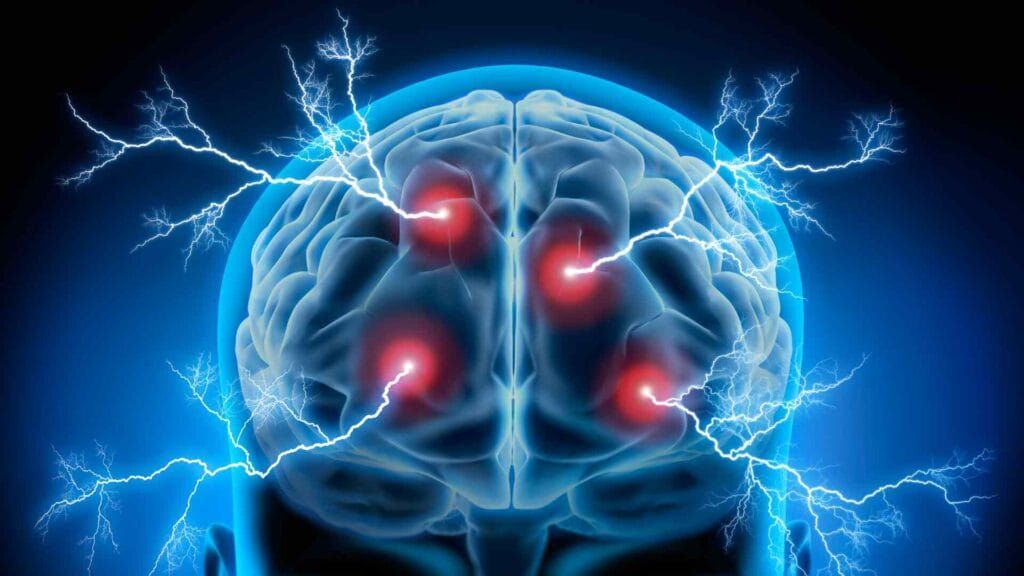
Possibility of Hacking the Brain’s Pleasure System with Cardamom
- Let’s start with the brain’s primary rewarding neurotransmitter. And that is dopamine, when the levels of dopamine rise, a person feels more motivated, happier, also focused. And here is where cardamom helps, as it stimulates the dopamine system to increase motivation and mood stability. This also boosts energy levels and fights mild depression.
- Then let’s see the second compound called serotonin, which is also called as happiness hormone. Inadequacy in this hormone will cause mood disorders like anxiety and depression. And it is said that cardamom links with serotonin receptors, which helps boost well-being emotionally and gives stress relief.
- Endorphin levels should also be considered, as it is the body’s natural painkillers and mind boosters. The levels are increased when a person is involved in activities like exercise, laughter and when eating spicy foods. But certain aromatic spices like cardamom can also activate their release.
- As we already know, cardamom helps in cognitive functions, as explained in my prior blogs. It enhances mental clarity and memory retention. Some studies suggest that cardamom’s aroma and taste activate sensation which stimulates cognitive functions.
Scientific Evidence on Cardamom’s Brain-Boosting Properties
- Anxiety Reduction with Cardamom: A study was published in 2021 called Phytotherapy Research, which opens up that extracts from cardamom had an important anti-anxiety effect.
- Study on Cognitive Function: The Journal of Ethnopharmacology, a study states that cardamom helps in cognitive functions like memory retention and enhancement in the brain activity.
- Natural Antidepressant: A study called Molecular Nutrition and Food Research states that phenolic compounds in cardamom have the effects of anti depression, which improves mood and mental clarity.
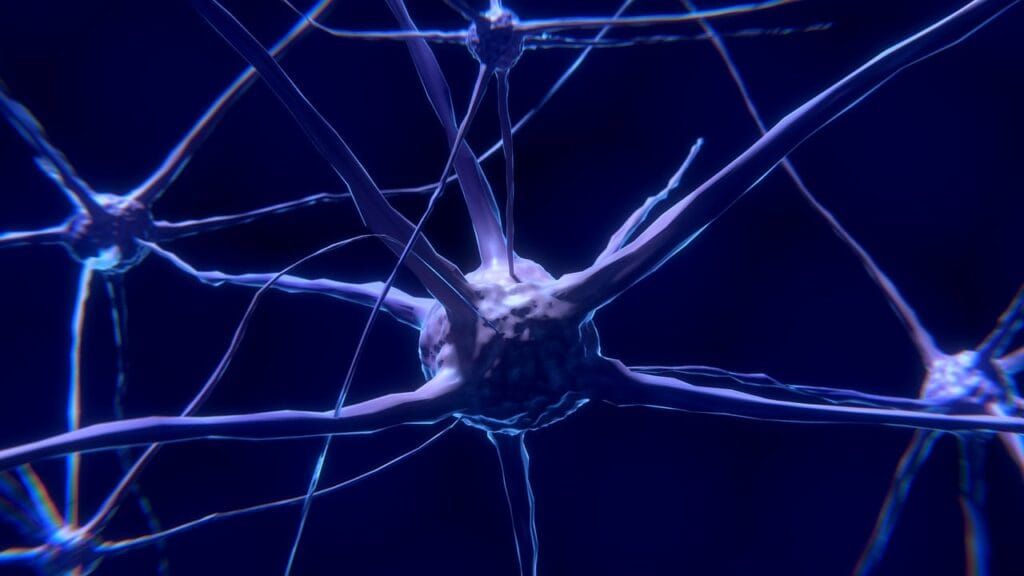
How to Use Cardamom for Enhancement
You can start using cardamom in your routine to get both emotional and cognitive benefits from neuroscience. For regular use, you can try using it in various ways, such as:
- Infusing cardamom in tea by crushing the pods and adding them to hot water to get a calming effect and a focus-enhancing benefit.
- Then, Coffee, if you are a coffee lover, then in your regular routine, add a pinch of cardamom to your coffee. By doing this, it will balance the effect of caffeine, preventing nervousness and uplifting alertness.
- Add it to your smoothies for a mood boost or inhale cardamom essential oil for instant relaxation.
- You can keep a habit of drinking cardamom milk before going to bed as it may enhance your relaxation and give you better sleep.
- Lastly, add it to your daily meals like curries, desserts or any baked food you eat. This will help boost your brain.
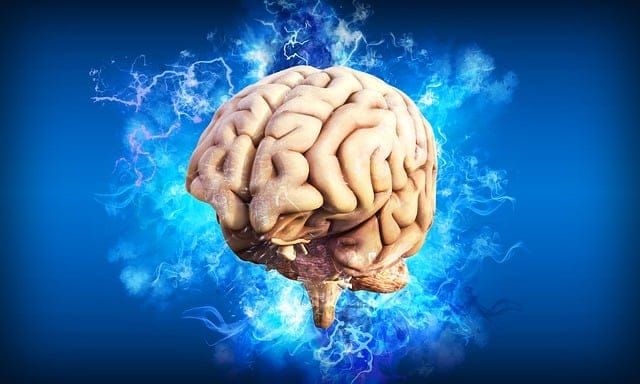
Final Thought
Sometimes, a simple thing in your kitchen which you don’t notice much works wonders, and it’s the same with cardamom. We have been adding it to our daily meals, but did you know that it has so many health benefits? So, next time, using a spice isn’t enough; knowing its benefits and using it in the right way is important. So, give a small boost to your brain with this little spice.
Related Articles:

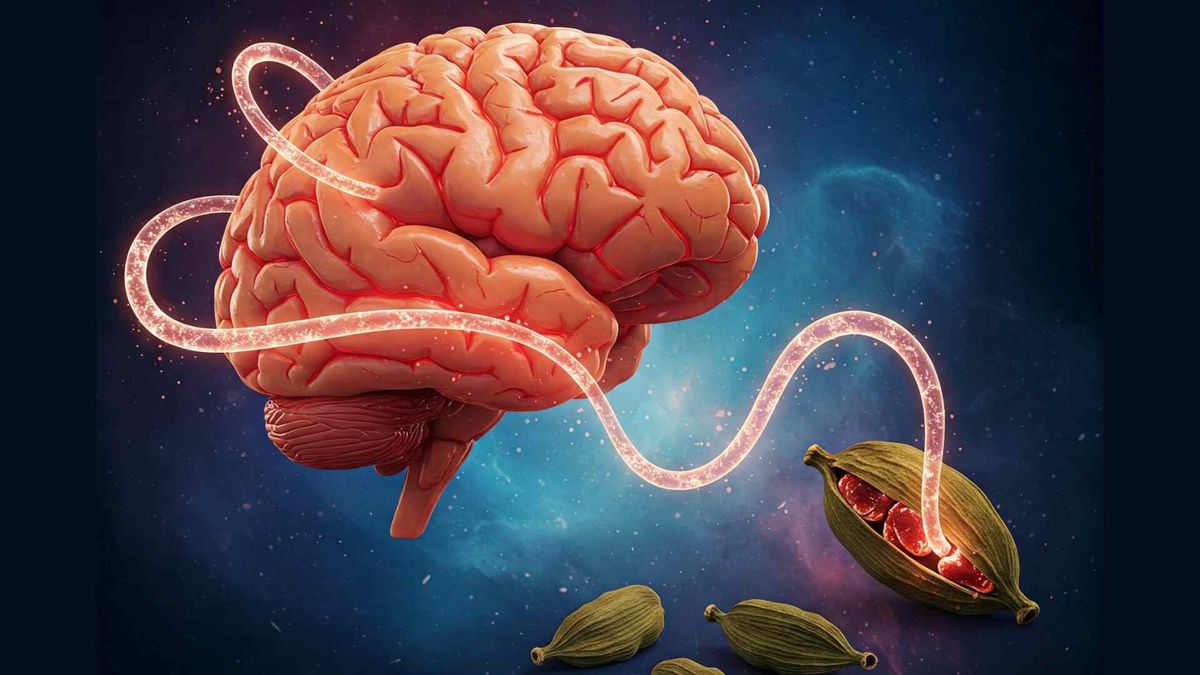
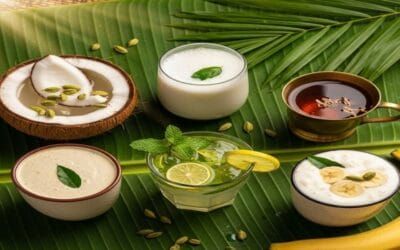


Your writing is like a breath of fresh air in the often stale world of online content. Your unique perspective and engaging style set you apart from the crowd. Thank you for sharing your talents with us.